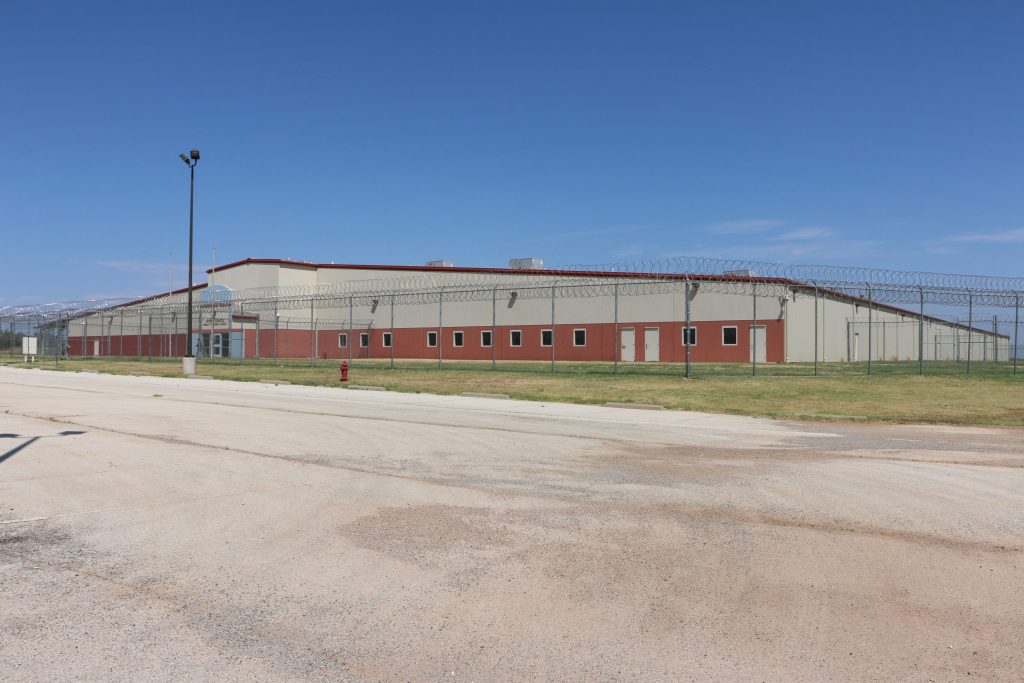Supreme Court Halts Venezuelan Deportations Under Alien Enemies Act
The U.S. Supreme Court took urgent action to stop the deportation of Venezuelan migrants held in Texas under the rarely used Alien Enemies Act. This 18th-century law allows the government to deport non-citizens from hostile nations during wartime or national emergencies. The court’s move comes amid legal challenges and civil rights concerns over the Trump administration’s fast-tracked removals of individuals accused of gang ties without proper legal protections.
The focus of the controversy lies at the Bluebonnet Detention Facility in Anson, Texas. There, officials prepared dozens of Venezuelan detainees for imminent deportation to El Salvador. The government claims these men belong to the Tren de Aragua gang, a violent criminal group. However, immigration advocates and the American Civil Liberties Union (ACLU) argue that many detainees face wrongful labeling and denial of their constitutional rights.
Supreme Court Blocks Deportations
On Friday night, the Supreme Court ordered a temporary halt to deportations from Bluebonnet and other detention centers. Justices Clarence Thomas and Samuel Alito dissented. The court acted after the ACLU filed an emergency appeal, warning that officials rushed detainees onto buses with less than 24 hours’ notice to contest their removal. The justices stressed that people facing deportation under the Alien Enemies Act must receive due process, including a real chance to challenge their “alien enemy” status.
The Alien Enemies Act dates back to 1798 and has seen limited use. Most notably, the government used it to authorize the internment of Japanese Americans during World War II. Its use against Venezuelan migrants marks a significant and controversial expansion.
Due Process and Constitutional Concerns
Legal experts say the government can detain non-citizens suspected of security threats, but the Fifth Amendment guarantees due process. This means individuals must receive notice and an opportunity to be heard before removal. The Supreme Court’s decision highlights that deporting people without these protections violates fundamental rights.
Lee Gelernt, an ACLU attorney, welcomed the court’s intervention. “We are deeply relieved that the Court has temporarily blocked the removals,” he said. “These individuals faced the real danger of spending the rest of their lives in a brutal Salvadoran prison without ever having had any due process.” The ACLU documented cases where officials pressured detainees to sign English documents they could not understand, effectively forcing them to waive their rights.
Government Response and Facility Conditions
The Trump administration insists the deportations remain lawful and necessary for national security. Department of Homeland Security Assistant Secretary Tricia MacLaughlin said, “We are not going to reveal the details of counter-terrorism operations but are complying with the Supreme Court’s ruling.” Officials claim they have already deported 137 people under the Alien Enemies Act, though independent verification remains limited.
The Bluebonnet Detention Center, about 200 miles west of Dallas, has become a hub for these deportations. The Management and Training Corporation (MTC) operates the facility, which holds up to 1,000 detainees. Many Venezuelan migrants have arrived there after transfers from across the country. Lawyers report that officials told detainees the deportation orders “are coming from the President” and warned that refusing to sign paperwork would not stop their removal.
Legal Challenges and Broader Implications
Federal courts nationwide have wrestled with these deportations. U.S. District Judge James Boasberg in Washington, D.C., criticized the notices given to detainees for failing to inform them of their right to challenge removal. He called the process “insufficient” but noted jurisdictional limits in halting removals from Texas.
The ACLU pursued multiple legal actions, including lawsuits and emergency injunctions, appealing up to the Supreme Court. Their efforts highlight the tension between executive immigration powers and constitutional rights. The Supreme Court’s stay shows the judiciary recognizes that the government cannot bypass due process, even in national security cases.
This case also raises questions about using old laws in modern immigration policy. The Alien Enemies Act, dormant for decades, now threatens the rights of vulnerable migrants. Critics say the administration’s tactic of labeling individuals as gang members without clear evidence is deeply problematic.
Families of deported men report that El Salvador’s notorious Terrorism Confinement Center holds many of them. This prison is known for harsh conditions. This grim reality adds urgency to calls for fair hearings before deportation.
The Supreme Court’s order provides a crucial pause, stopping immediate removals while courts review the government’s compliance with constitutional rules. The outcome will shape immigration enforcement, civil liberties, and the balance of powers in the U.S.


In the coming weeks, courts and advocates will watch closely how the Alien Enemies Act fits with constitutional protections. This case highlights the ongoing challenge of balancing national security with human rights in immigration policy.

